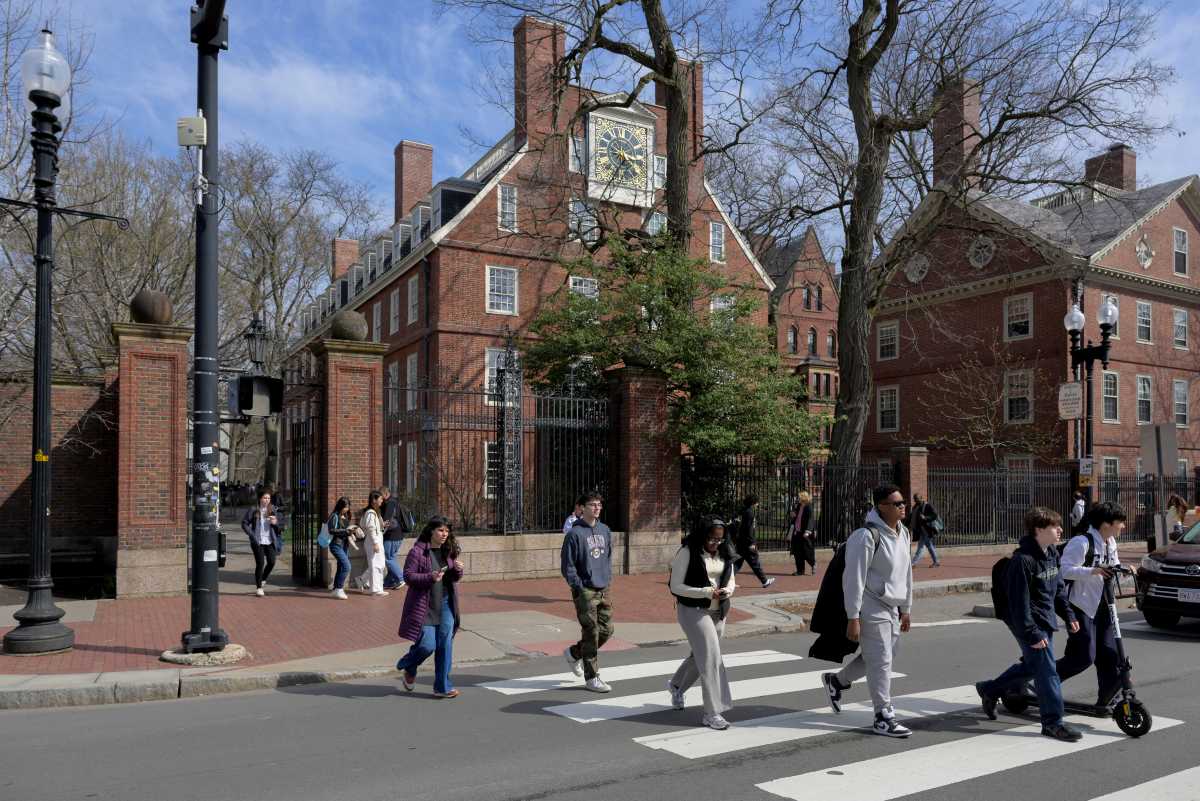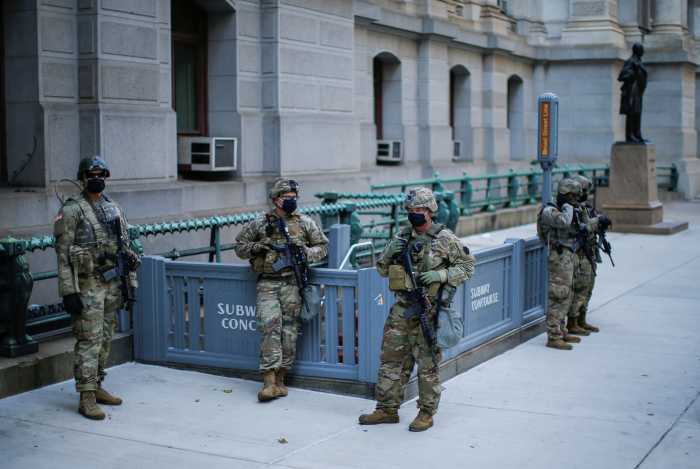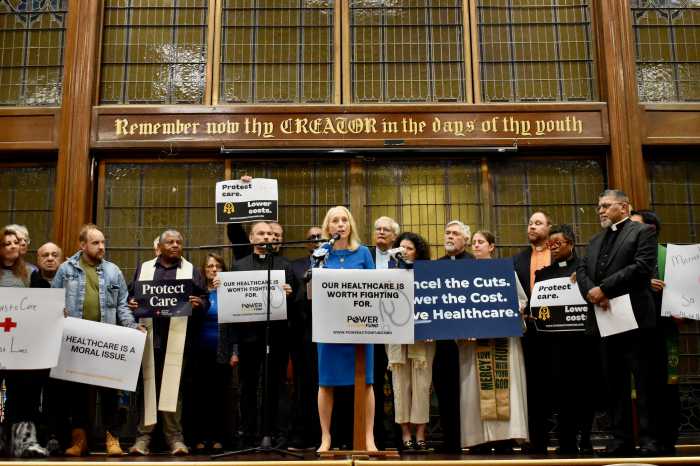Harvard University is suing the Trump administration over its unprecedented attempt to bar international students from its campus. The latest salvo is that the administration has said it is cancelling all federal funds, totaling $100 million. Although a federal judge has temporarily blocked the order to ban foreign students, many observers are rightly expressing deep concern about the global ramifications of the battle for the reputation of the US.
The story hits home for me. Every year for the last decade, I’ve taught a course on globalization in the Harvard summer school. Although 27% of Harvard’s student body is international, my course – due to its topical focus – draws a disproportionate number of international students, many from emerging economies.
As I know firsthand, these students contribute enormously to the classroom experience. Their insights, shaped by distinct national contexts, enliven discussion and further understanding for everyone — international and domestic students alike. Without them, the classroom isn’t just quieter; it’s poorer in perspective.
Yet my concern with Trump’s latest attempt to put a political target on Harvard’s back extends beyond international students. For centuries Harvard and countless other leading US institutions of higher learning have welcomed international students to their campuses. This isn’t purely a selfless act. These students are a boon to the US at home and abroad. Here’s why.
1. Spreading democracy
Universities aren’t just a key economic driver for the United States. They’re also a reflection of its democratic values. Students who attend Harvard and similar universities, especially those from outside advanced, Organisation for Economic Co-operation and Development (OECD) democracies, often return to their native countries after they’ve received their diplomas, poised to make a difference in national politics.
My own research suggests this can help to promote democracy in autocratic parts of the world. Because of how they’re socialized both inside and outside the classroom, students who attend western universities and go on to become national leaders are more likely to embrace democratic values, and highly educated leaders also tend to increase economic growth.
Personal connections that they’ve forged in the west also bind them into international networks that are pro-democracy.
Consider one example: Ellen Johnson Sirleaf, the former president of Liberia, attended the Harvard Kennedy School, then went onto serve as head of her country from 2006 to 2018. As the first female elected head of state in Africa, Sirleaf proceeded to win the Nobel peace prize in 2011 for her “non-violent efforts to promote peace and her struggle for women’s rights”.
2. Projecting soft power
The best universities in the US are also a crucial component of what the late Harvard political scientist Joseph Nye called “soft power”. Soft power is about how western nations such as the US influence the world rather than via bullets and tanks. It’s an approach to foreign relations that projects US culture by winning “hearts and minds”.
Harvard isn’t just one of the leading brands in US higher education, it’s one of the US’s leading brands. More generally, American universities dominate the international league tables, such as the QS World Rankings, where ten of the top 25 schools are US-based. That makes universities key ambassadors for the US.
There’s a reason why Harvard attracts students from more than 140 countries. Its reputation for academic excellence, combined with its world-leading research in areas as diverse as curing neurogenerative diseases to improving economic mobility, make it a magnet for students angling to test their mettle against the best and brightest.
3. Driving the US economy
Many international graduates of top US universities go on to become entrepreneurs or to pursue careers in cutting-edge fields at companies such as Apple, Google and Meta, filling jobs for which there’s a shortage of talent in the US labour market.
The upper echelons of the executive class in the US is also filled with leaders who were once international students in the US. Tesla CEO Elon Musk, who studied at the University of Pennsylvania, and Microsoft CEO Satya Nadella, who studied at the University of Chicago, are two prominent examples.
According to a report from the National Foundation for American Policy, approximately 25% of US firms worth at least a billion dollars had a founder who enrolled at a US university as an international student.
It’s also worth noting that international students are more likely to pay much higher tuition fees than US students. These dollars subsidise academic and student programming for domestic students, enabling places like Harvard to maintain the high standards which they’re renowned.
Recent data from the Association of International Educators show that international students at US colleges and universities “contributed $43.8 billion to the US economy during the 2023-2024 academic year and supported more than 378,000 jobs”.
But, says the Economist’s US editor John Prideaux, this whole battle is really about power. “If you stand up to the Trump administration they will come after you.”
Former Harvard president Larry Summers has said, that the ban on international students “would be devastating…, not just for the university but for the image of the United States in the world, where our universities in general, and Harvard in particular, have been a beacon”.
The reputation of US universities around the world is especially vital today as Trump’s “America first” foreign policy signals a descent into belligerent isolationism. As the US retreats from the world and its president attacks multilateral institutions and shows a lack of respect for allies , this latest tussle with Harvard could erode the US’s international image even further.






























